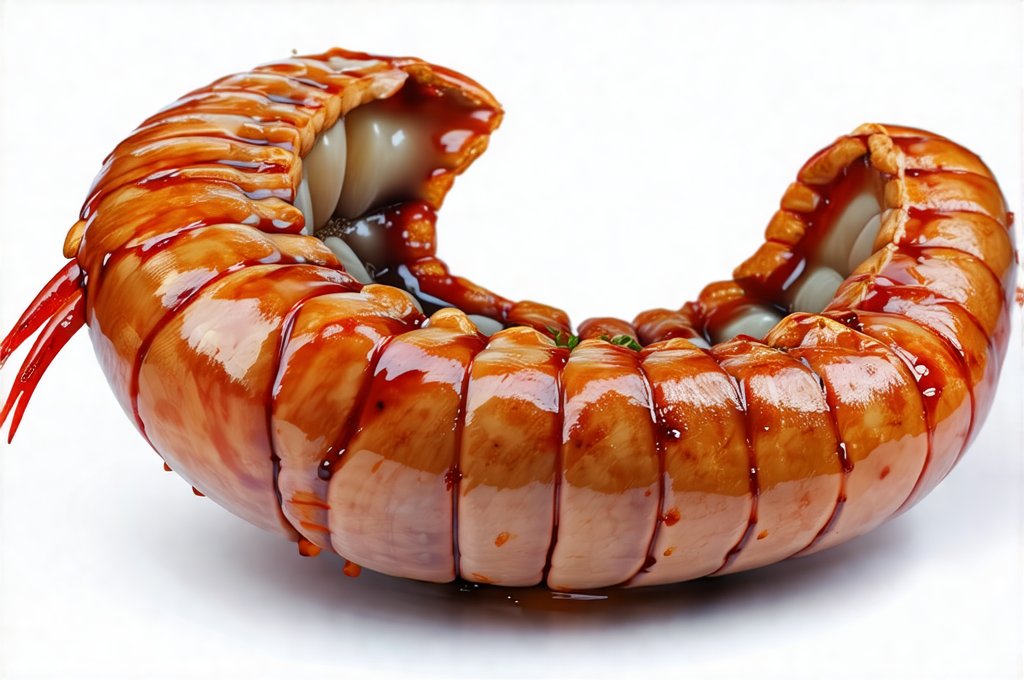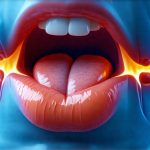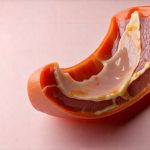Gastroesophageal reflux disease (GERD) is a surprisingly common condition affecting millions worldwide, often manifesting as heartburn, regurgitation, and difficulty swallowing. However, the experience of GERD can be far more nuanced than these typical symptoms suggest. Many individuals discover themselves grappling with less obvious manifestations, such as an unusual metallic taste in their mouth, particularly after meals. This seemingly strange symptom isn’t merely a quirk; it’s often a signal that something is happening within the digestive system and warrants further exploration. Understanding the connection between GERD and this peculiar taste sensation can empower individuals to better manage their health and seek appropriate support if needed.
The metallic taste, also known as dysgeusia, can be unsettling and even impact quality of life. It’s not simply a matter of unpleasantness; it can affect appetite, food enjoyment, and overall sensory experience. While many factors can contribute to dysgeusia – including medication side effects, vitamin deficiencies, or poor oral hygiene – its frequent occurrence after eating, especially in individuals diagnosed with GERD or experiencing reflux symptoms, points towards a potential link between the two. This article will delve into the mechanisms behind this connection, explore possible causes and contributing factors, and provide insights into managing both GERD and the associated metallic taste sensation. It is important to remember that self-diagnosis can be harmful; seeking professional medical advice is always recommended. If you’ve experienced trigger meals, it’s helpful to how to soothe the gut afterwards.
The Link Between GERD and Dysgeusia
The relationship between GERD and a metallic taste isn’t straightforward, but it’s rooted in how acid reflux impacts both the digestive tract and the upper respiratory system. When stomach acid frequently flows back into the esophagus (the hallmark of GERD), it doesn’t always stay confined there. Acid can sometimes travel further up, reaching the oral cavity and even affecting taste buds. This is known as extraesophageal reflux—reflux that extends beyond the esophagus itself. The metallic taste isn’t caused by the acid directly; instead, it’s often a result of changes in saliva composition or damage to the taste receptors themselves due to repeated exposure to acidic conditions.
Furthermore, chronic inflammation plays a significant role. GERD causes ongoing irritation and inflammation within the esophagus, but this inflammation can also extend upwards. The persistent backflow of acid can trigger an inflammatory response in the mouth and throat, altering the environment for taste perception. This alteration, combined with potential changes to salivary pH, contributes to the distorted taste sensation many individuals experience. It’s important to note that different people perceive metallic tastes differently; some describe it as a faint metallic tang, while others find it intensely bitter or unpleasant. Often this can impact your ability to plan balanced meals effectively.
The specific minerals involved in this taste perception are complex and not fully understood, but iron is often implicated. Acid reflux can sometimes cause the release of trace amounts of metals from tooth enamel or fillings, which then contribute to the metallic sensation. Additionally, certain medications used to treat GERD (like proton pump inhibitors) can impact mineral absorption, potentially leading to deficiencies that exacerbate dysgeusia. This complex interplay highlights why identifying and addressing the underlying cause is crucial for effective management.
Contributing Factors & Potential Causes
Beyond acid reflux itself, several contributing factors can amplify or trigger a metallic taste in individuals with GERD. Diet plays a major role; certain foods are known triggers for acid reflux, and consuming these foods can directly lead to the dysgeusia experience. Common culprits include:
- Fatty or fried foods
- Spicy foods
- Chocolate
- Citrus fruits and juices
- Coffee and caffeinated beverages
- Alcohol
- Mint
Lifestyle factors also contribute significantly. Smoking weakens the lower esophageal sphincter (LES), the muscle that prevents stomach acid from flowing back up, thereby increasing the risk of reflux. Obesity is another factor; excess weight puts pressure on the abdomen, forcing stomach contents upwards. Even stress and anxiety can worsen GERD symptoms, indirectly leading to a metallic taste.
Finally, certain medications can play a role. As mentioned earlier, proton pump inhibitors (PPIs) – while essential for managing acid production – can interfere with nutrient absorption, potentially causing deficiencies that contribute to dysgeusia. Some blood pressure medications and chemotherapy drugs are also known to cause metallic taste as a side effect. It’s vital to discuss any medication concerns with your doctor to determine if adjustments are needed. Many find it difficult to navigate employment during treatment while managing these symptoms.
Investigating the Source of Metallic Taste
Pinpointing the exact source of the metallic taste can be challenging, requiring careful observation and potentially medical investigation. A thorough evaluation typically begins with a detailed patient history, including questions about:
- Timing: When does the metallic taste occur? Specifically after meals? Throughout the day?
- Trigger foods: Are there any particular foods that consistently trigger the sensation?
- Associated symptoms: Is it accompanied by heartburn, regurgitation, bloating, or difficulty swallowing?
- Medications: What medications are you currently taking, including over-the-counter drugs and supplements?
Based on this initial assessment, your doctor may recommend further testing to rule out other potential causes of dysgeusia beyond GERD. These tests could include:
- Blood tests to check for vitamin or mineral deficiencies (iron, zinc, B12)
- Endoscopy to visualize the esophagus and stomach, checking for inflammation or damage. This involves inserting a thin, flexible tube with a camera into your esophagus.
- Esophageal manometry to measure the function of the LES and esophageal muscles.
- pH monitoring to assess the amount of acid reflux occurring over a period of time.
It’s crucial to remember that dysgeusia can have many causes, so a comprehensive approach is necessary to arrive at an accurate diagnosis. Don’t hesitate to advocate for yourself and ask questions during your medical evaluation. If you suspect digestive issues after surgery, it’s important to seek professional guidance.
Managing GERD & Reducing Metallic Taste
Managing the metallic taste often involves addressing both the underlying GERD and any contributing factors. Lifestyle modifications are usually the first line of defense:
- Elevate the head of your bed by 6-8 inches to prevent nighttime reflux.
- Avoid eating large meals, especially before bedtime.
- Lose weight if you’re overweight or obese.
- Quit smoking.
- Manage stress through relaxation techniques like yoga or meditation.
- Identify and avoid trigger foods.
Dietary changes are also important. Consider incorporating more alkaline foods into your diet (fruits and vegetables) to help neutralize stomach acid. Smaller, more frequent meals can reduce the burden on your digestive system. Staying hydrated is essential for maintaining healthy saliva production, which helps buffer acidity in the mouth. Understanding why some kids are bloated after meals can also help with family meal planning.
When to Seek Medical Attention
While lifestyle changes can often alleviate mild GERD symptoms and associated metallic taste, it’s important to seek medical attention if:
- Symptoms are severe or persistent despite lifestyle modifications.
- You experience difficulty swallowing (dysphagia).
- You have unexplained weight loss.
- You notice blood in your stool or vomit.
- The metallic taste is accompanied by other concerning symptoms, such as dizziness or numbness.
Ignoring GERD symptoms can lead to more serious complications, such as esophagitis, Barrett’s esophagus (a precancerous condition), and even esophageal cancer. Early diagnosis and appropriate treatment are key to preventing these outcomes. Remember that this article is for informational purposes only and should not be considered medical advice. Consulting with a healthcare professional is essential for personalized evaluation and treatment. Managing symptoms can often include planning dinner meals carefully. Additionally, if you are experiencing ongoing fatigue how to cope with fatigue can be helpful.


















